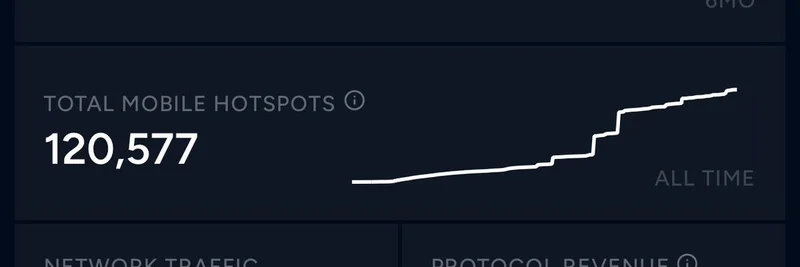Ever feel like your paycheck is shrinking faster than you can spend it? You're not alone. In a recent X thread that's got the crypto community buzzing, influencer Ansem (@blknoiz06) dove into why folks with regular 9-5 jobs are basically forced to dip into stocks and crypto to protect their hard-earned cash from inflation's relentless grind. He was riffing off a fiery rant from GoodAlexander (@goodalexander), who painted the financial system as a teetering Ponzi scheme on the brink.
Let's break it down without the jargon overload. Inflation is that sneaky force where your money buys less over time—think how a coffee that cost $3 a few years ago now sets you back $5. GoodAlexander argues the whole setup is fragile, with governments pumping out debt they can't repay through normal means like taxes. Instead, they're leaning on things like stablecoins (digital dollars pegged to the real thing, like USDT) to keep the dollar dominant globally.
Ansem jumps in, agreeing but spinning it optimistic. He points out that assets are skyrocketing not because of a recession, but because the system's "broken" in a way that pumps up prices. If you're clocking in daily without some skin in the stock or crypto game, your dollars are just losing power. "The weird part about the system being broken is it doesn't look like it's failing because instead of a widespread recession assets are just going parabolic," Ansem notes in his post.
For meme token enthusiasts, this hits home. Meme coins like those on Solana or Ethereum often ride these parabolic waves—think Dogecoin or newer pumps like $KAREN mentioned in replies. They're volatile, sure, but in Ansem's view, they're part of the asset class that could make you "generationally wealthy" if AGI (artificial general intelligence, basically super-smart AI) delivers breakthroughs to grow out of the debt mess.
Ansem's take: Bet on AGI solving the puzzle. If it does, early investors in the right assets—including meme tokens tied to viral trends or AI themes—could see massive gains. Even if it flops, assets might still moon before any collapse. He warns against cashing out too soon into dollars, especially with stablecoins potentially becoming the global transaction standard backed by US Treasuries.
Replies to the thread echo this urgency. One user, Jack (@JackN1x), calls it obvious but stresses "real hedge = income engineering," like freelancing or skill upgrades that compound like equity. Another shouts out $KAREN as ready to launch, tying back to meme token hype.
GoodAlexander's rant? It's a 26-minute video deep dive (watch here) calling out stablecoins as tools for "turbo crime" liquidity, AI as the escape hatch, and crypto as bearer assets to dodge wealth grabs. He slams the system for inequality and predicts a speculative frenzy where AI convinces everyone to trade 24/7.
Tying it to meme tokens: These aren't just jokes anymore. With platforms like Pump.fun making launches easy, and influencers like Ansem backing projects (he's tied to BullpenFi and more), memes are low-barrier entries to crypto exposure. But heed Ansem's advice—learn how AI might disrupt your field, invest spare cash aggressively, especially if you're young.
In short, the thread's a wake-up call: Don't let your 9-5 dollars evaporate. Get exposure to crypto, including memes, to ride the wave. Whether AGI saves the day or not, positioning now could be your ticket out. As Ansem puts it, "positioning yourself as best as possible" is key in this wild ride.
Key Takeaways for Meme Token Traders
- Inflation Hedge: Meme tokens can act as speculative bets against dollar erosion, but diversify with stables or blue-chips.
- AGI Optimism: If super AI unlocks growth, early meme plays on AI themes (like Grok-inspired tokens) could explode.
- Risk Management: Ansem's worst-case? Assets parabolic then crash—trade smart, don't go all-in.
- Learning Curve: Study AI's impact on blockchain; tools like sympy for math or rdkit for chem could inspire next-gen memes.
Stay tuned to Meme Insider for more on how these macro trends shape the token landscape. What's your hedge strategy? Drop it in the comments!


